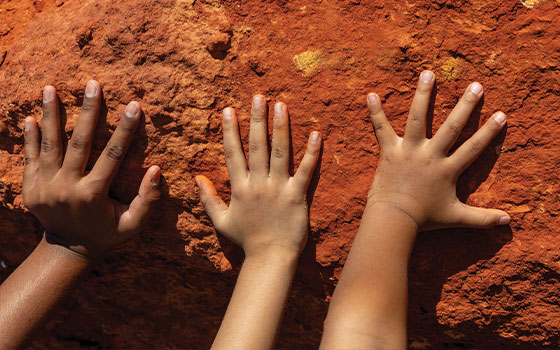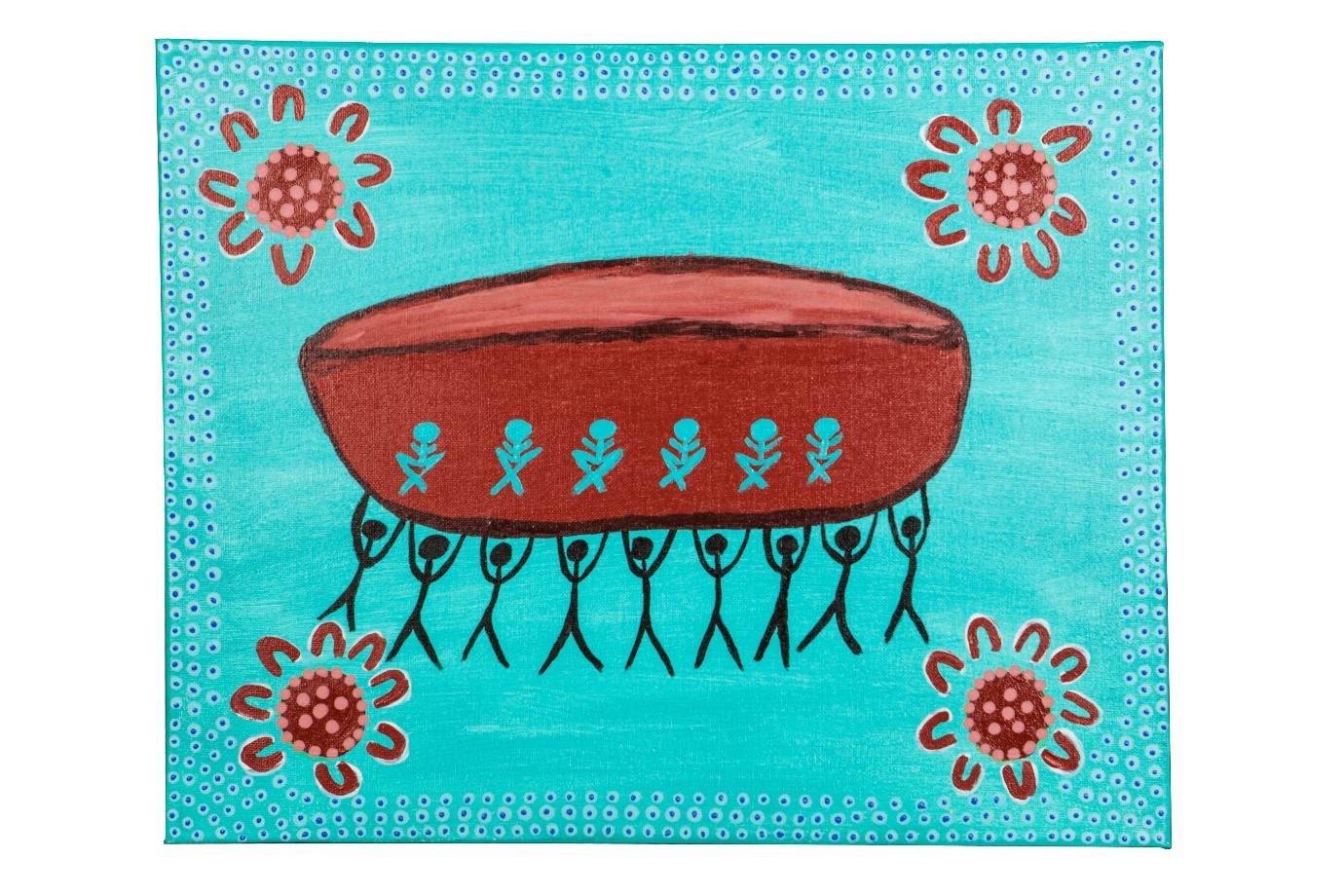Search
Research
Comprehensive Clinical Paediatric Assessment of Children and Adolescents Sentenced to Detention in Western AustraliaTo describe the comprehensive clinical paediatric assessment of a representative sample of children and adolescents (young people) sentenced to detention in Western Australia (WA) and participating in the first Fetal Alcohol Spectrum Disorder (FASD) prevalence study.
Research
Knowing your audience: Investigating stillbirth knowledge and perceptions in the general population to inform future public health campaignsThe prevalence of stillbirth in many high income countries like Australia has remained unchanged for over 30 years. The 2018 Australian government Senate Select Committee on Stillbirth Research and Education highlighted the need for a public health campaign to encourage public conversations and increase awareness.
Research
The weight of culture: Societal individualism and flexibility explain large global variations in obesityObesity rates have been rising steeply across the globe in recent decades, posing a major threat to global human health. Despite this almost universal increase, differences between countries remain striking, even among equally developed societies.

Facilitate research interest & opportunities that involve Aboriginal families & communities and build the capacity and development of Institute researchers
Research
Start Stronger, Live Longer Resource Manual for Aboriginal Health WorkersThis resource kit for Aboriginal health workers is an exciting milestone in the Rio Tinto Aboriginal Health partnership with The Kids Research Institute Australia
Research
Climate change, activism, and supporting the mental health of children and young people: Perspectives from Western AustraliaThe climate crisis has detrimental impacts on the mental health and wellbeing of children and young people. Psychological effects include feelings of fear, overwhelm, worry, distress, hopelessness and anger; PTSD; depression; anxiety; phobias; panic disorder; sleep disturbances; attachment disorders; learning difficulties; substance abuse; shock and trauma symptoms; adjustment problems; behavioural problems; and, suicidal thinking.
Research
The Development and Implementation of a Culturally Safe Survey for Measuring Knowledge, Attitudes and Values around FASD and Alcohol Use During Pregnancy in a Remote Australian Aboriginal Community SettingGlenn Martyn Pearson Symons BA (Education) PhD Candidate B.A. (Hons) PhD. Director of First Nations Strategy and Leadership; Head, First Nations
Research
Awareness and impact of the ‘Bubblewrap’ advertising campaign among Aboriginal smokers in Western AustraliaAntismoking mass media campaigns have been shown to reduce smoking prevalence in the mainstream community.
Research
Rio Tinto Child Health Partnership Final ReportIn 2002, the Founding Director of The Kids for Child Health Research, Professor Fiona Stanley, approached Rio Tinto Ltd about the possibility...

Research
Ngulluk Koolunga Ngulluk Koort (Our Children, Our Heart) ProgramBrings the Aboriginal community(s) of Perth together with service providers & policy makers to improve outcomes for Aboriginal kids and their families.
